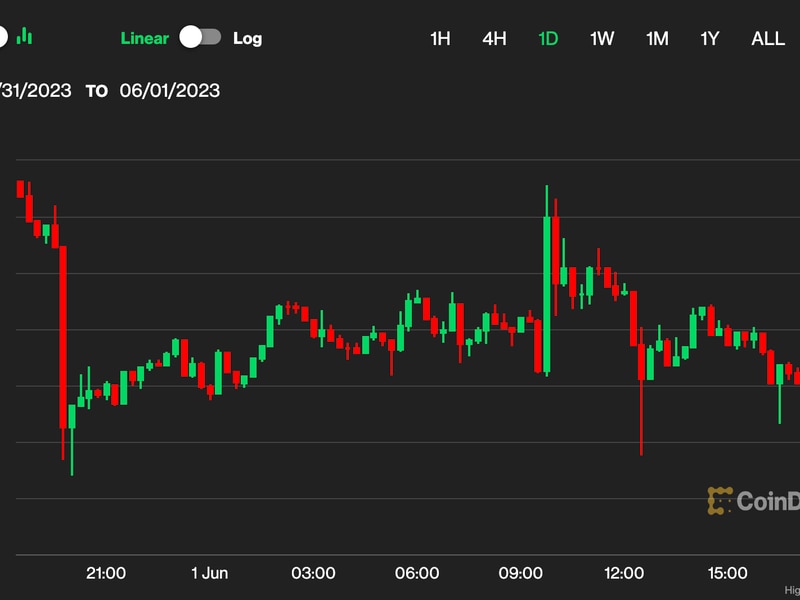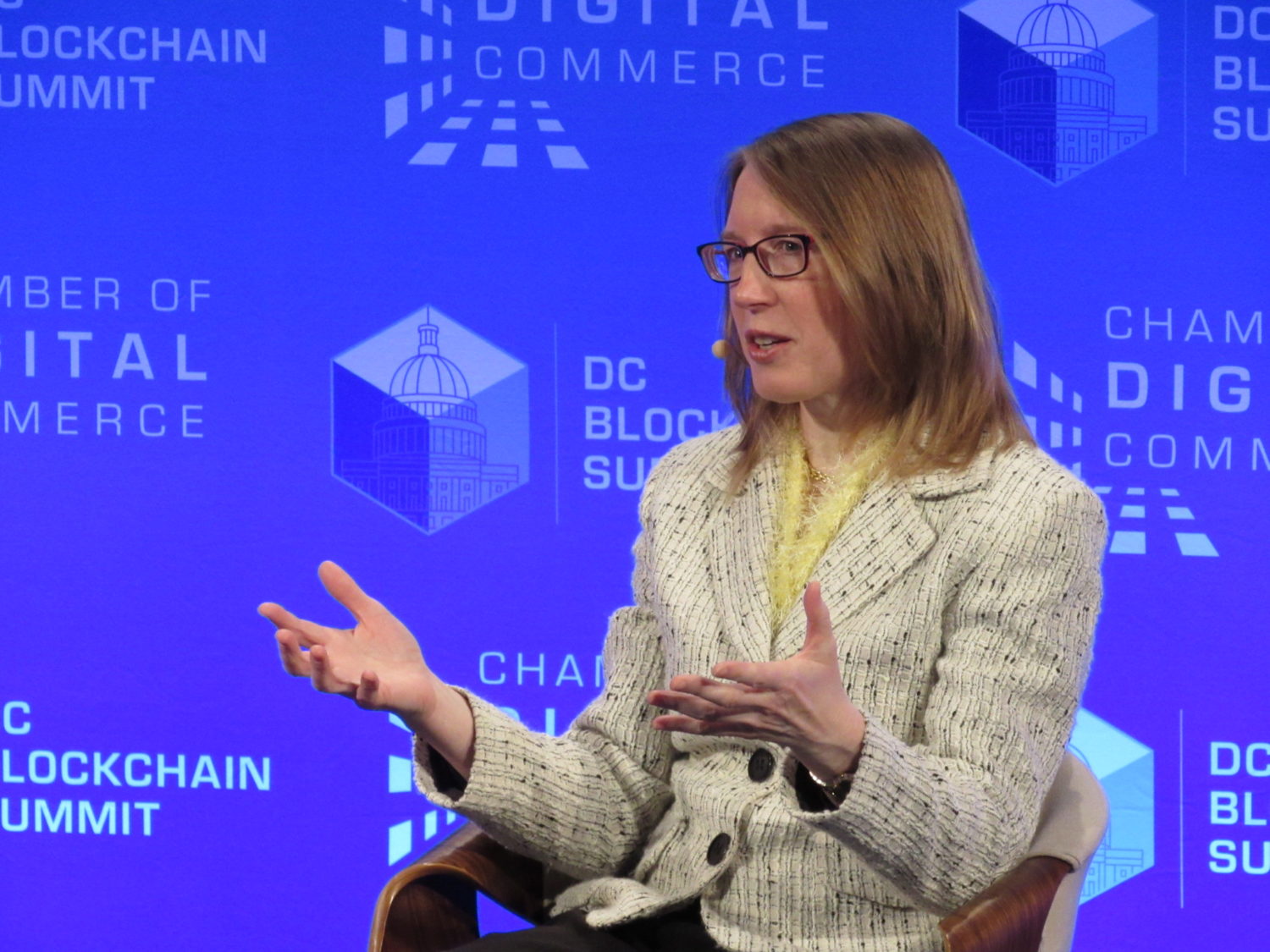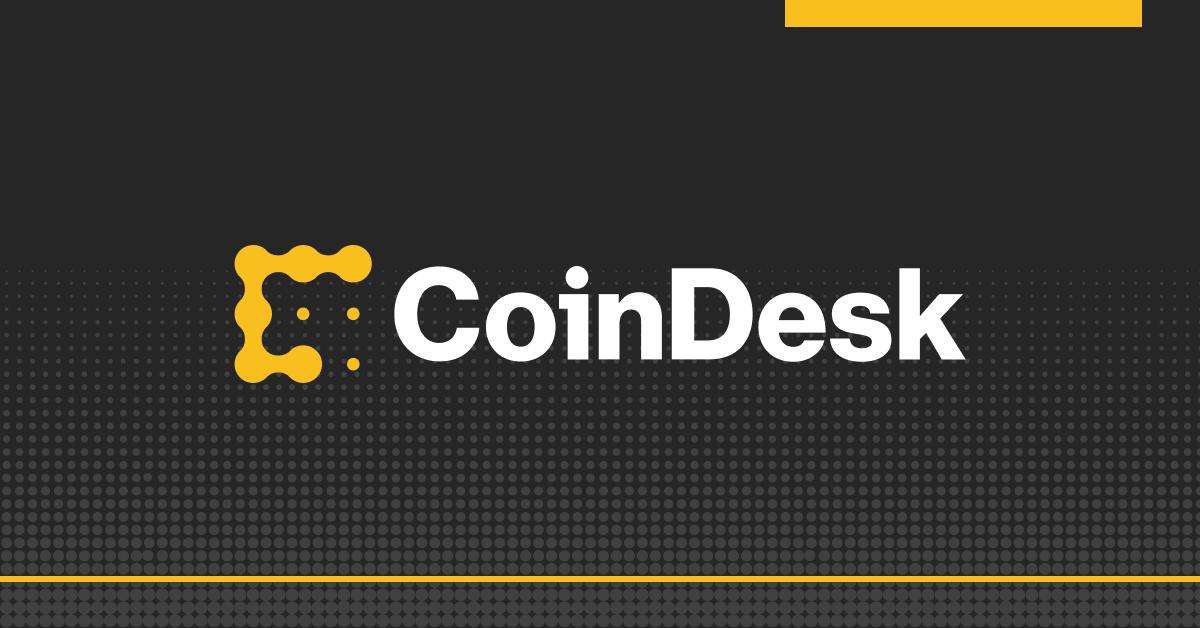The U.S. Department of the Treasury’s financial crimes arm is proposing to label crypto mixers as a “primary money laundering concern” in its effort to combat illicit crypto finance, highlighting the terrorist groups that have benefited from anonymous crypto funds, including possibly Hamas.
The Treasury’s Financial Crimes Enforcement Network (FinCEN) issued a notice of proposed rulemaking on Thursday, which will be open to public comment for 90 days.
“Today’s action underscores Treasury’s commitment to combating the exploitation of Convertible Virtual Currency mixing by a broad range of illicit actors, including state-affiliated cyber actors, cyber criminals, and terrorist groups,” said Deputy Secretary of the Treasury Wally Adeyemo, in a statement that cited the agency’s past actions against Tornado Cash and Blender.io.
FinCEN said that mixing services, which seek to allow users to conduct transactions with anonymity, are used by a “variety of illicit actors throughout the world,” referring by name to Hamas, Palestinian Islamic Jihad and the Democratic People’s Republic of Korea (DPRK). The agency said this proposed rule is a “key part” of the ongoing effort to boost transparency in the crypto markets.
The Treasury Department and the wider administration of President Joe Biden have been under pressure from U.S. lawmakers to do something about the use of crypto to support terrorism, especially in light of reports that Hamas received some crypto donations in advance of its attack this month in Israel.
FinCEN Director Andrea Gacki noted that this is her agency’s “first ever use” of its power to target so-called primary money laundering concerns on a whole class of transactions.
After the comment period, the agency will have to review that input before it can advance a final rule. The process can take several months – or sometimes even years – to complete.
Earlier this week, the Treasury also announced sanctions against individuals and entities tied to Hamas, including a Gaza-based business accused of being a bitcoin conduit for terrorists.
UPDATE (October 19, 2023, 18:44 UTC): Adds comment from FinCEN director.
Edited by Stephen Alpher.

/arc-photo-coindesk/arc2-prod/public/OGSWVF6C3VEKHGNM2YFB434DDE.png)







